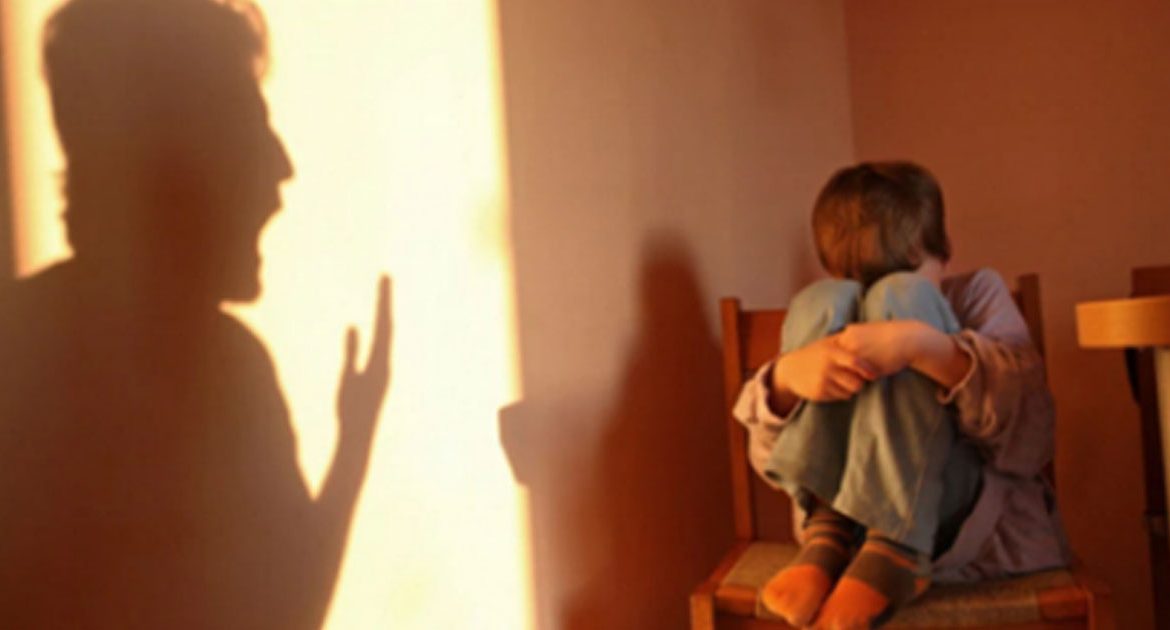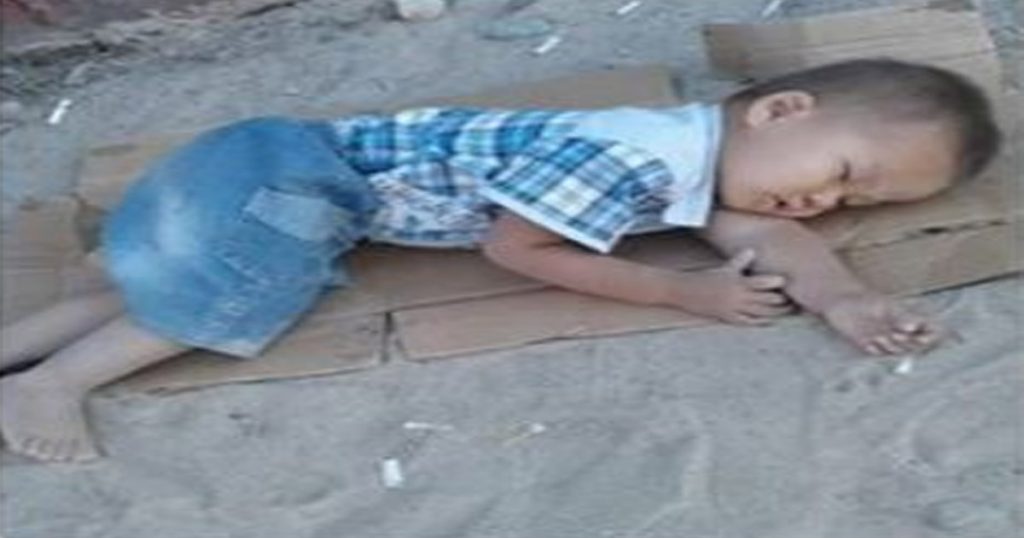Being a parent is a huge responsibility. It depends on us whether our kids grow up kind and open-minded or aggressive and withdrawn.
According to Laura Markham, doctor of psychology and author of the book “Peaceful Parent, Happy Kids: How to Stop Screaming and Start Connecting,” we cannot live without screaming at all. You need to be realistic and understand that emotions sometimes require withdrawal, but you cannot show your irritation with shouts and insults. That’s how we psychologically and emotionally damage our children.
That’s what happens when parents raise their voices.
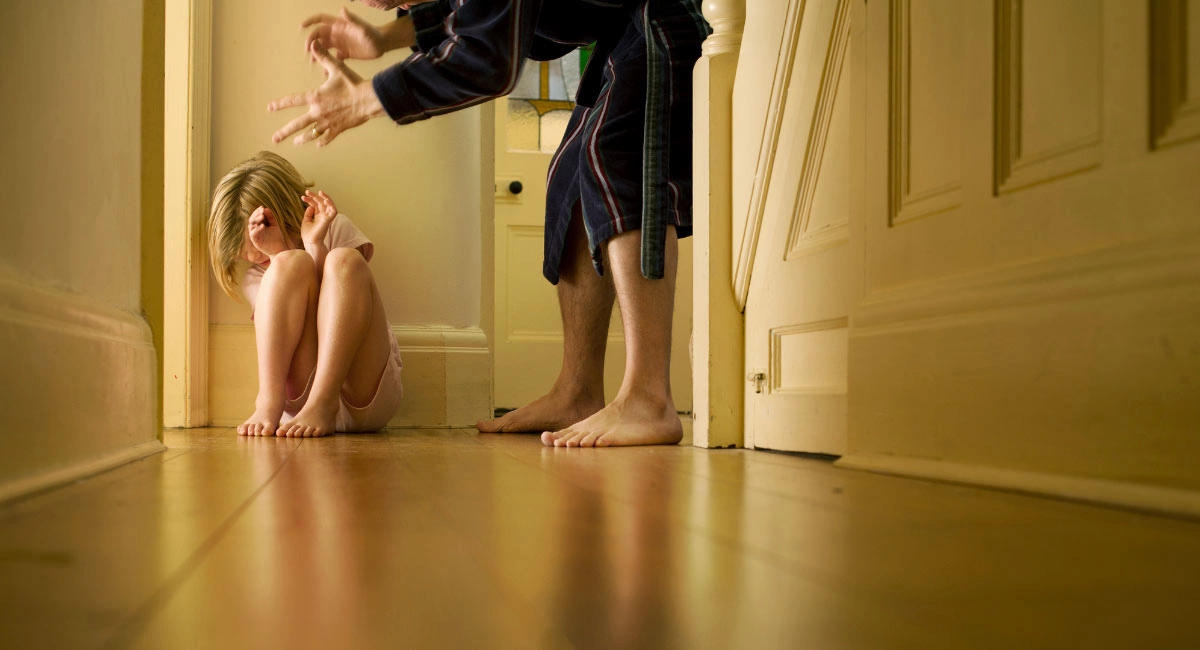
Fight, flight or isolation
Parents who shout at their children not only cause psychological trauma but also affect the changes in their brain. Dr. Laura Markham says that when the children are yelled at, the brain releases biochemical substances that say: “fight, run or disconnect”. Children can hit you, run away or simply freeze. This all negatively affects brain development.
Screaming is not communication
It does not matter where you are: on the street or in the playroom, when you scream, the words are already losing their meaning. Nobody likes being shouted at. So why do we do it?
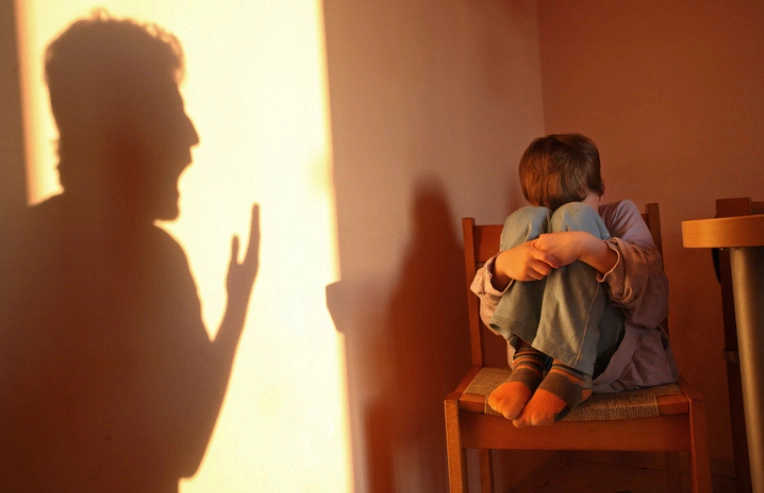
Adults can scare
The power of parents over children is absolute. For them, they are people of twice the size that provide the things necessary for life: food, home, and love. When parents cause fear, children do not feel safe then. Do you want your kids to feel this way? I guess not!
Screaming in the family is a norm
Parents, who constantly scream, teach their children that it is normal. Dr. Markham points out that if a child does not even blink an eye when he or she is scolded, then he is just used to it.
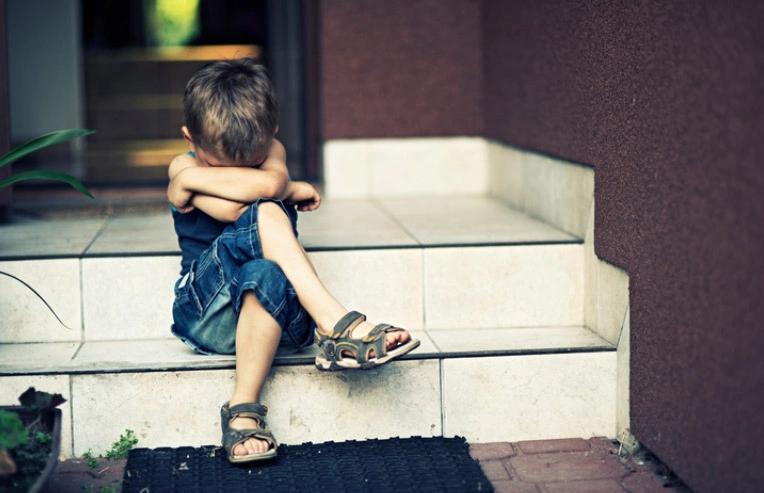
When can you scream?
You can raise your voice only to attract the attention of the child! Screming can be used just to warn, not to talk.
Remember: every time you raise your voice to a child, your little one experiences severe stress and physiological trauma.
